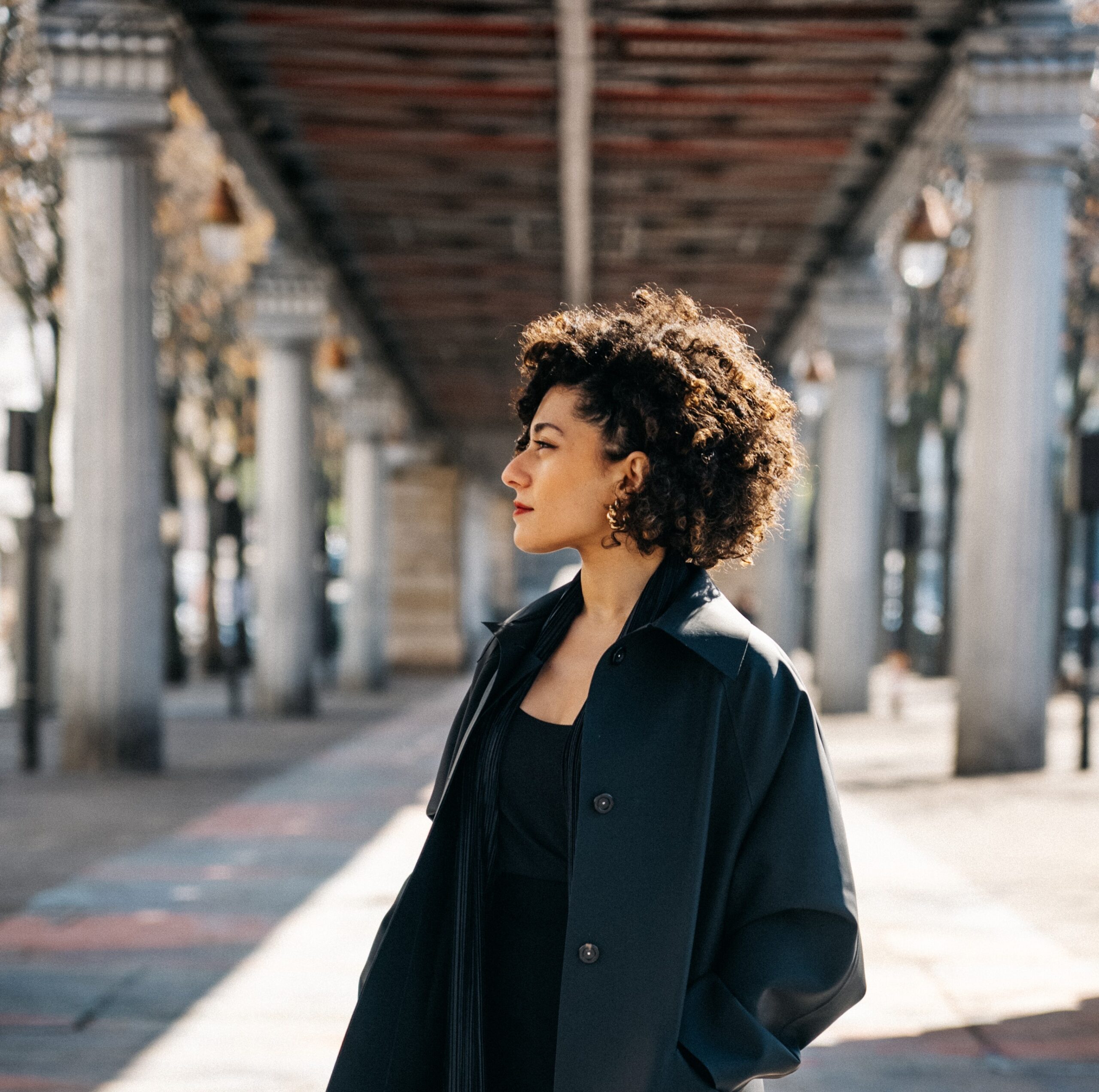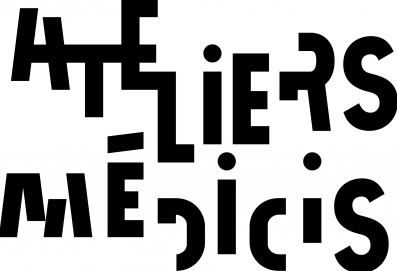Meriem Chabani
Architect
Summer 2025

- Architecture
- Chicago
“This residency will explore the underbellies of Chicago’s productive neighborhoods, unpacking dynamics of production, gender, race, and extraction between our global South Sides.”
Born in Algiers, based in Paris, my interest lies in the political, economic, social and cultural conditions that shape architectures and territories. As a child of the diaspora, I longed for a practice that could look like me: forever in-between, always in motion. I founded New South as a multidisciplinary office, which links architecture, urban planning and anthropology, practice and research.
New “South” stems from the conviction that there lies a word to be redefined. The conviction that the South only exists in opposition to a North, in a fiction based on the designation of an Other. In a desire to decolonize architectural discourse, I explore this dialectic and its variations. From the suburbs of Algiers to the suburbs of Paris, I seek to bring excluded voices within the decision spaces that make the city.
This South-North dynamic shapes global relationships between place of extraction and place of production, place of resource and place of valorization, place of harvest and place of sacrifice – for goods, soils, imaginaries and bodies. I explore the question of productive cities through this prism, which led me to work on textile industrial zones from Bangladesh to French Alsace, and to weave the threads of a common story, yet each with their own spatial and territorial specificities, formal, informal, stricken or flourishing economies. And always with their own price to pay.
Algerian born, Paris based Meriem Chabani is the founder and Principal of NEW SOUTH, an award-winning architecture, urban planning and anthropology practice prioritizing spaces for vulnerable bodies in contested territories. She currently teaches at ENSA Paris Malaquais (FR) and the Royal College of Arts (UK). In 2020 Meriem won the Europe 40 under 40 award. She is a recipient of the Graham Foundation Grant, and was named one of the leading young female architects in France by AMC in 2023. In 2024, she is a finalist for Harvard’s Wheelwright Prize.
Production is a global dynamic, with a push and pull effect that affects physical places and bodies. With fluctuation in demand, labor costs, technological advancement, and social movements, production moves from one place to the next, emptying entire neighborhoods and creating new ones. This dynamic often follows existing racial and gender inequalities, and exploits questionable labor practices. After exploring garment production in Bangladesh, then a derelict textile industrial area in France, and their interaction with their respective urban fabrics, I will expand this research to the United States, pursuing the logic of a global continuum.
I wish to engage with industrial production as well as different forms of smaller scale production, craftspeople, designers, tradespeople and small business owners, working alone or alongside each other within studios and workshops, live-work units, small factories, co-ops… How do these spaces function? And how do they connect to a neighborhood, colleagues, suppliers, clients, local politics and other local power structures? How do issues of race and gender come into play? How does the urban and architectural infrastructure respond to their needs?
The residency will seek to uncover places of production, and how they interact, intersect or integrate within the city grid, to constitute an infrastructure of their own.
In our collective, global imaginary, the United States is the iconic industrial country. I am interested in how cycles of production and consumption impact and connect us globally.
As well as being a city with a vibrant history of innovation in architecture, design, landscape architecture, and urbanism, Chicago is associated with a history of struggles for social and economic rights that have had a foundational importance in how the economic power within the United States – and by extension globally – is distributed spatially and socially today.
The city itself illustrates this unequal distribution between North Side and South Side. I want to explore that relationship through the scope of production: How is the notion of a South constructed? Where do we produce? Where do we extract? Who benefits from it? How does it shape the city?
Through a collaboration with Blue Tin Production, a local will facilitate connections with local cooperatives and community organizers, especially through 63rd House, its community space in Chicago Lawn.
Chicago is the perfect location to explore these questions, while connecting to our “Global South Sides”.
In partnership with

Ateliers Médicis
Located in Clichy-sous-Bois and Montfermeil, in the Seine-Saint-Denis department, the Ateliers Médicis endeavors to promote new and diverse artistic voices. Its artistic residencies, open to artists working in any artistic field, support the creation of works conceived in collaboration with French territories and fosters encounters between artists and inhabitants.

Blue Tin Production

